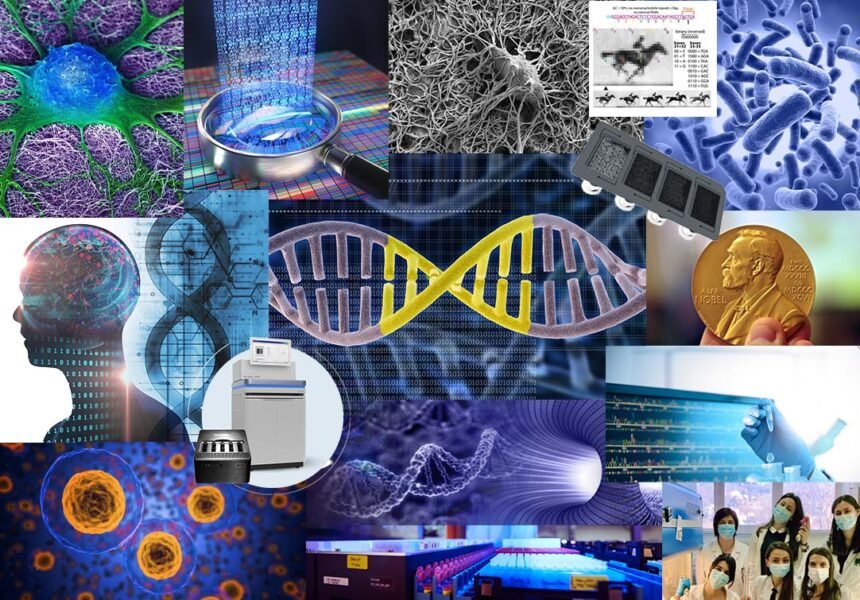Introduction
Biotechnology is a rapidly evolving field that combines biology, technology, and engineering to develop innovative solutions for improving healthcare and advancing our understanding of life. In recent years, biotechnology has witnessed remarkable breakthroughs that have the potential to revolutionize medicine and the life sciences. In this blog, we will explore some of the key advancements in biotechnology and their impact on healthcare and life sciences.
Precision Medicine and Personalized Therapies: One of the most significant advancements in biotechnology is the emergence of precision medicine and personalized therapies. By leveraging genomic data, researchers can identify genetic variations and biomarkers associated with specific diseases. This enables healthcare providers to tailor treatment plans to individual patients, maximizing efficacy and minimizing adverse effects. Precision medicine has revolutionized the treatment of diseases such as cancer, allowing for targeted therapies that directly address the unique characteristics of a patient’s tumor.
Gene Editing and CRISPR Technology: Gene editing technologies, particularly CRISPR-Cas9, have transformed the field of biotechnology. CRISPR allows scientists to precisely edit the DNA of living organisms, opening up possibilities for correcting genetic mutations and preventing inherited diseases. This technology has the potential to revolutionize the treatment of genetic disorders, as well as enhance agricultural productivity and develop new therapies. However, ethical considerations surrounding the use of gene editing in humans continue to be a topic of debate.
Synthetic Biology and Bioengineering: Synthetic biology combines biology and engineering principles to design and construct new biological systems with desired functionalities. This field has led to the creation of engineered organisms capable of producing valuable compounds, such as biofuels, pharmaceuticals, and industrial chemicals. Additionally, synthetic biology has the potential to address environmental challenges, such as pollution and climate change, by developing sustainable solutions using biological systems.
Bioprinting and Organ Regeneration: Bioprinting is a cutting-edge technology that enables the fabrication of three-dimensional structures using living cells. This breakthrough has the potential to revolutionize organ transplantation by allowing the creation of functional human organs in the laboratory. Bioprinted organs have the advantage of being personalized to each patient, eliminating the need for organ donors and reducing the risk of organ rejection. While still in its early stages, bioprinting holds tremendous promise for addressing the organ shortage crisis and transforming the field of regenerative medicine.
Diagnostic Tools and Biomarkers: Advancements in biotechnology have also led to the development of improved diagnostic tools and biomarkers. High-throughput sequencing technologies have made it possible to analyze large amounts of genomic data quickly and cost-effectively, aiding in the identification of disease-associated genetic variants. Additionally, the discovery of new biomarkers has enhanced disease detection, prognosis, and treatment monitoring. These advancements have paved the way for early disease detection, personalized treatment strategies, and improved patient outcomes.
Conclusion
Biotechnology breakthroughs are transforming healthcare and the life sciences, offering new possibilities for disease prevention, diagnosis, and treatment. Precision medicine, gene editing, synthetic biology, bioprinting, and advanced diagnostics are just a few examples of the advancements shaping the field. As biotechnology continues to evolve, we can expect further innovations that will address critical health challenges, improve patient care, and enhance our understanding of life. It is essential to balance the potential of these breakthroughs with ethical considerations and regulatory frameworks to ensure responsible and safe applications. Biotechnology holds immense promise for advancing human health and ushering in a new era of scientific discovery and innovation.
